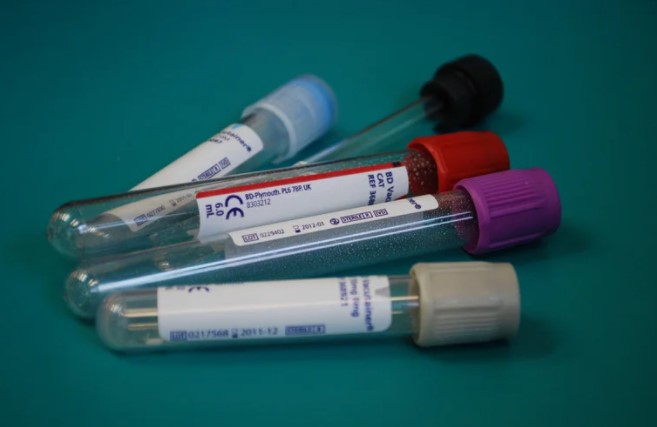Original author: Carly Weeks
Published: February 11, 2022
Source: theglobeandmail.com
Canadian hospitals and laboratories say the country is facing an unprecedented shortage of tubes necessary to conduct blood tests – and if the supply chain disruption worsens or continues for an extended period, it could result in treatment delays and challenges to providing patient care.
“I would say that the majority of clinicians probably at this moment don’t yet realize the severity of the global critical shortage,” said Adina Weinerman, medical director of quality and patient safety at Toronto’s Sunnybrook Health Sciences Centre. “However, I think that will change dramatically, even in a matter of weeks.”
Blood specimen collection tubes, which look like small plastic vials, are used for virtually all blood tests, from management of people with diabetes to a patient’s preoperation bloodwork.
“The use of lab tests are at the very heart of how we provide modern medical care,” said Fahad Razak, an internist at Toronto’s St. Michael’s Hospital. “It affects every patient that we’re caring for.”
Dr. Razak emphasized that there is enough supply for the hospital to manage all current patients and provide the care they need. But given the supply challenges the hospital has experienced in recent weeks, he and others are concerned about how to manage going forward. Smaller hospitals may face a more difficult time because their resources are more limited, he added.
It’s unclear why blood collection tubes are in short supply, but experts say it’s likely a combination of factors, including an increased demand for tests and global supply chain disruptions. Last year, New Jersey-based Becton Dickinson, a major global manufacturer of blood collection tubes, told the BMJ that unpredictability during the pandemic, combined with global transportation slowdowns, were two major causes. The company, which makes some of the tubes used by Canadian hospitals, could not immediately be reached for comment on Thursday. On Friday, Health Canada told the Globe and Mail that as of this week, manufacturers and importers must tell the department if blood specimen collection tubes are facing a shortage. This action will help the department understand the details of a potential shortage and work with stakeholders to find solutions as needed.
In January, the U.S. Food and Drug Administration issued a letter to health providers and lab employees warning of a shortage of all types of blood collection vials. It recommended conserving tests by only conducting medically necessary blood draws.
There have been no similar statements by Canadian governments or medical associations, but that could be because shortages are affecting different jurisdictions at different times, said Catherine Streutker, chief and medical director of laboratory medicine at Unity Health Toronto.
She said a major supplier warned of a potential shortage in December, but it was only in recent weeks the hospital began to notice a problem.
“Things seemed not too bad until all of a sudden, shipments stopped coming. We were very close to running out almost two weeks ago.”
Christine Nielsen, chief executive officer of the Canadian Society for Medical Laboratory Science, said laboratory staff across the country are reporting the same issues.
“It’s alarming,” she said. “I talked to a lab manager today who said we’re almost down to zero.”
The shortage of blood collection tubes is just the latest supply chain problem to hit laboratories, which have been scrambling throughout the pandemic to meet a surge in demand as a result of COVID-19.
While many physicians remain unaware to the supply constraints, Dr. Weinerman said the message needs to get out as quickly as possible so they can take immediate steps to reduce the number of unnecessary tests being ordered.
“Which blood tests are absolutely necessary to the patient in front of you? I think that message needs to come out, it needs to come out loud and clear.”
There are many steps care providers can take to conserve available blood collection tubes, Dr. Weinerman added, such as following recommendations of Choosing Wisely Canada, a campaign to reduce unnecessary medical tests and interventions.
“The fear is we get to a situation where someone has a medically necessary test and can’t get it in a timely way,” she said. “I think there is a lot of room to bend the curve so we don’t get into a situation like that.”

